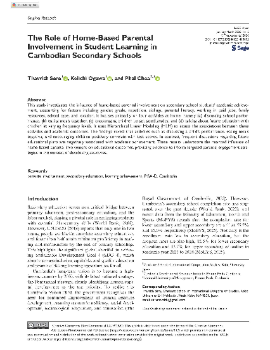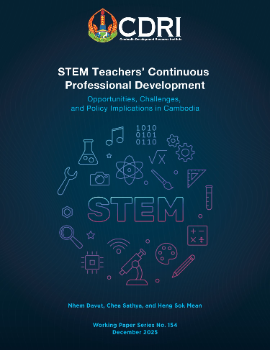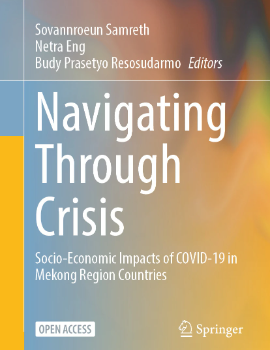
Abstract/Summary
The Life Skills for Equality Project (LSEP), a gender-transformative program1 implemented by Room to Read (RtR) -Cambodia, has demonstrated promising results in equipping boys with essential life skills and promoting gender equality.
This research study examined LSEP's effectiveness in fostering boys’ education engagement, promoting gender-equitable attitudes, values, and behaviours, and assessing its potential for adaptation and scale-up nationally and internationally. A qualitative research design was employed, involving data collection from 13 Key Informant Interviews (KIIs) and 2 Focus Group Discussions (FGDs) with students, parents, teachers, school directors, LSEP facilitators, project staff, and relevant government bodies in Phnom Penh and two LSEP piloted schools in Banteay Meanchey province.
Although LSEP has demonstrated efficacy in addressing gender norms and improving life skills attainment, its primary objective was not to directly address boys’ educational disengagement. While the program may have indirectly fostered study aspiration, the current program components might need to be carefully and intentionally adjusted, and a more comprehensive evaluation should be warranted to ascertain its specific effectiveness and impact on the other aspects of boys' education disengagement, particularly absenteeism and dropout.
The program's current success can be attributed to its carefully designed components and the robust facilitation and support provided by RtR. However, several challenges have hindered its effectiveness, including resource constraints, technical (direct translations and unfamiliar jargon) and sensitive content, limited parental engagement, different student backgrounds (including varying ages, socioeconomic statuses, and primary-level performances) and limited unified solutions in addressing boys' educational disengagement.
While LSEP is recognised as an effective tool for addressing gender issues, its potential to mitigate boys’ education disengagement requires a comprehensive approach. This involves considering factors at the national, school, program, parent, and community levels. To effectively address this issue, stakeholders at all levels must first acknowledge the urgency of the program, recognising the need to improve not only academic performance but also students’ interest in learning, attendance, and completion rates.
The study report was conducted under the Lifting Barriers: Educated Boys for Gender Equality project.



